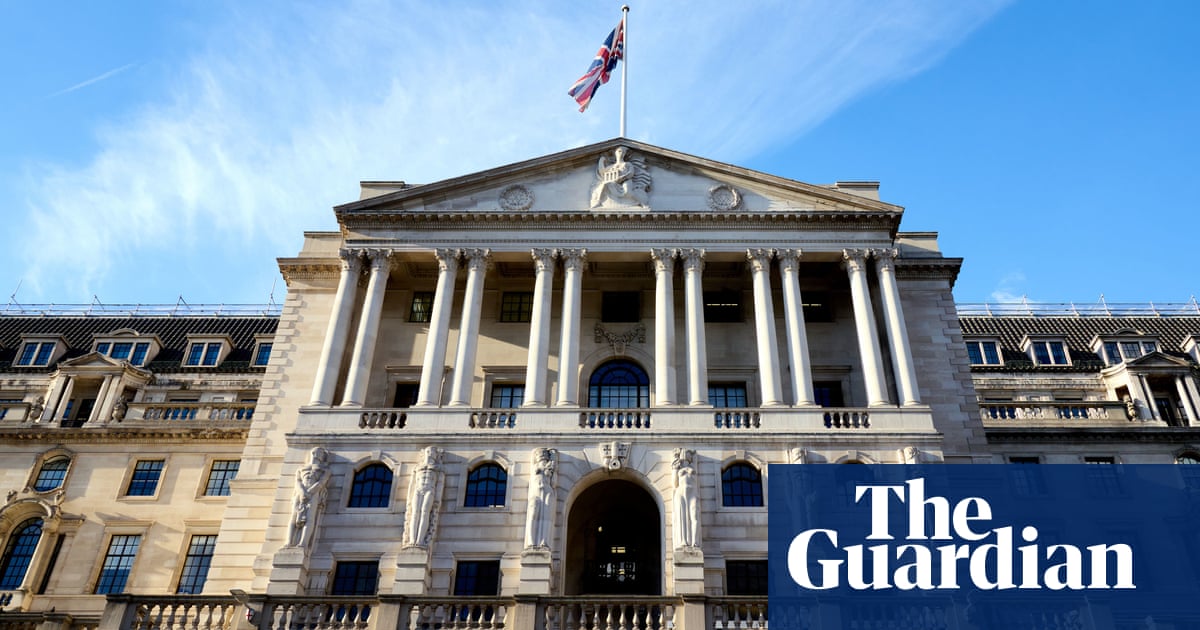The Facts
The former parent company of Silicon Valley Bank, SVB Financial Group, has sued the US Federal Deposit Insurance Corporation (FDIC) to recover $1.9B in cash deposits the FDIC seized after taking control of the failed bank.
SVB Financial Group has said that the seized funds are impeding the group's reorganization, which could force the company into costly debtor-in-possession financing. SVB Financial says the seized money should be generating $100M in annual interest for the group.
The FDIC estimates that the collapse of SVB was responsible for a $16B hit to its insurance fund, and it is legally allowed to retain the funds until it determines SVB Financial's share of the rescue costs. In May, a bankruptcy judge ordered the FDIC to return $10M in seized tax refund checks to SVB Financial.
The Spin
Narrative A
The collapse of Silicon Valley Bank was due to greed — plain and simple. Indeed, its CEO lobbied extensively for banking regulations to be loosened, only to need the FDIC to swoop in and save the company. The unusually cozy relationship between the bank and its parent company speaks to deep mismanagement, and the SVB Financial Group is trying to obstruct the FDIC from recovering what it is owed for the bank rescue.
Narrative B
Throughout the Silicon Valley Bank ordeal, the FDIC has shown itself to be less than an impartial and sober-minded regulator. Instead of focusing on the meager funds at stake here, we should examine the sweetheart deal with First Citizens Bank, which the FDIC made in order to exclude politically unpopular hedge funds from consideration and will result in a huge loss for the regulator. This fight would be irrelevant if the FDIC pursued a better deal for the bank.





